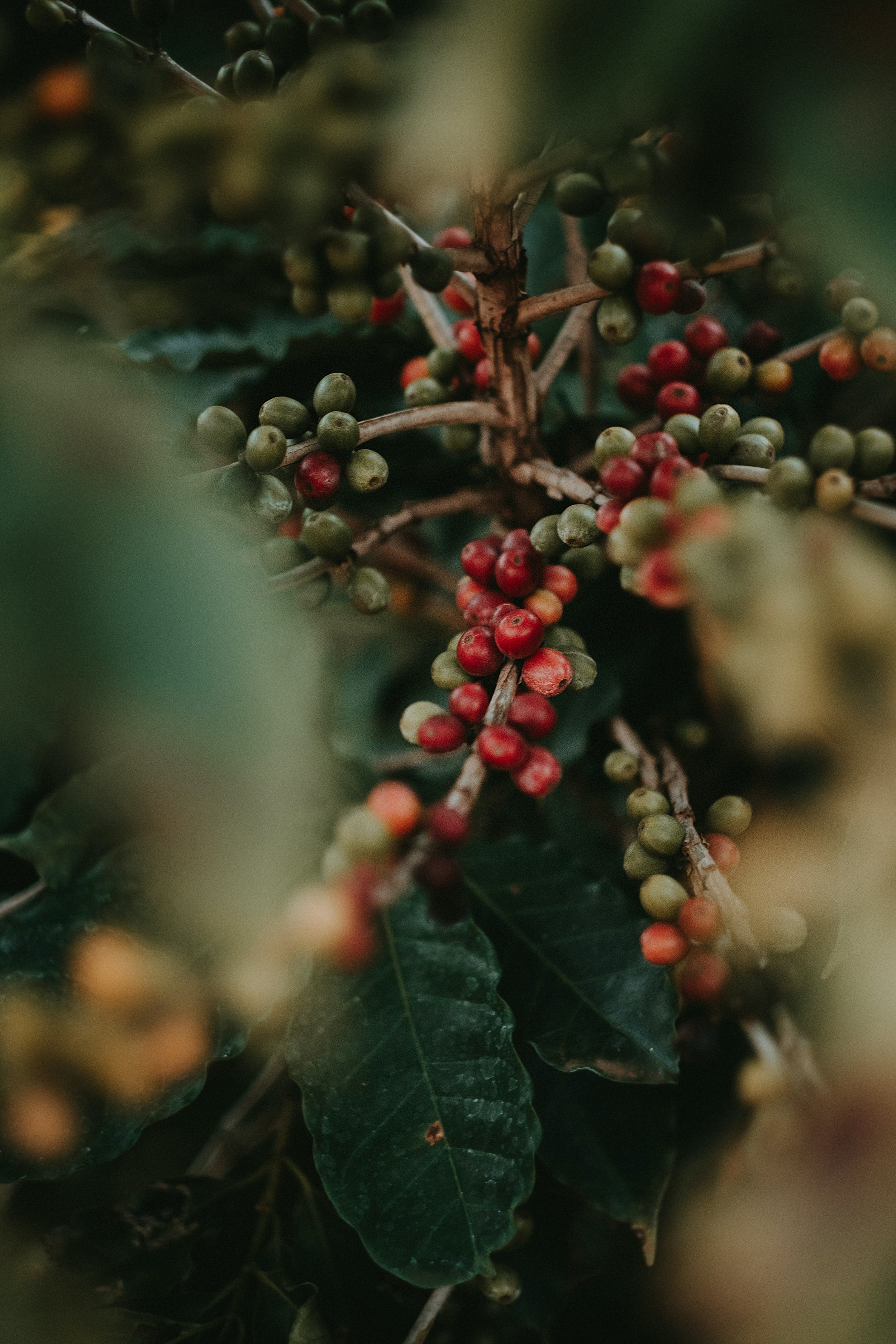Brew with our Roastery Manager Andrew. For his Polar Espresso brew, the AeroPress is his winter companion of choice, delivering a clean, sweet cup with all the brightness the season calls for. Here is Andrew’s go-to Polar Espresso recipe to help you brew a warming, festive AeroPress at home.
February 14, 2022
Is honey processed coffee vegan?
Recently a friend of mine, who is an avid coffee drinker, asked me whether any of the coffee we roast and sell is vegan. At first this question had me confused, its not a question I had ever heard before in regard to coffee. But he added more detail by asking if it was honey processed and it suddenly made sense. The natural use of the word honey in the process made him believe as a vegan, he couldn’t have it, which is very far from the truth. The title “honey processed” leads many people to assume honey is used in the making of the coffee or that the coffee flavour itself has honey tasting notes, but in actual fact, neither is true.
This process gets its name from its sticky feel the bean has before being dried. Once a coffee bean is pulped from its cherry, it’s left covered in a mucilage layer that, when dried, will continue to reabsorb moisture from the air and become sticky and golden, resembling honey!

The Process
The honey process also happens to be one of the most eco friendly processes of coffee. The more common natural and washed processes both use much more water in their process, whereas the honey process uses none. Rather than having any means of soaking the beans to remove the outer layers and mucilage, the beans are just de-pulped and left to dry on large concrete slabs for periods of up to two weeks, where they are turned every hour or so to maintain the perfect moisture level of about 12%.
The main shortcoming of this does mean the coffee takes a much longer period of time to process compared to the more common washed and natural processes, but it’s a small price to pay for a more environmentally friendly coffee!

So just keep in mind the next time you’re at your favourite coffee shop, that specialty honey process they have on offer, pair it with your favourite milk alternative to have yourself an amazing eco friendly coffee!
Will Dunn
Batch Roaster
Trading Post Coffee Roasters



